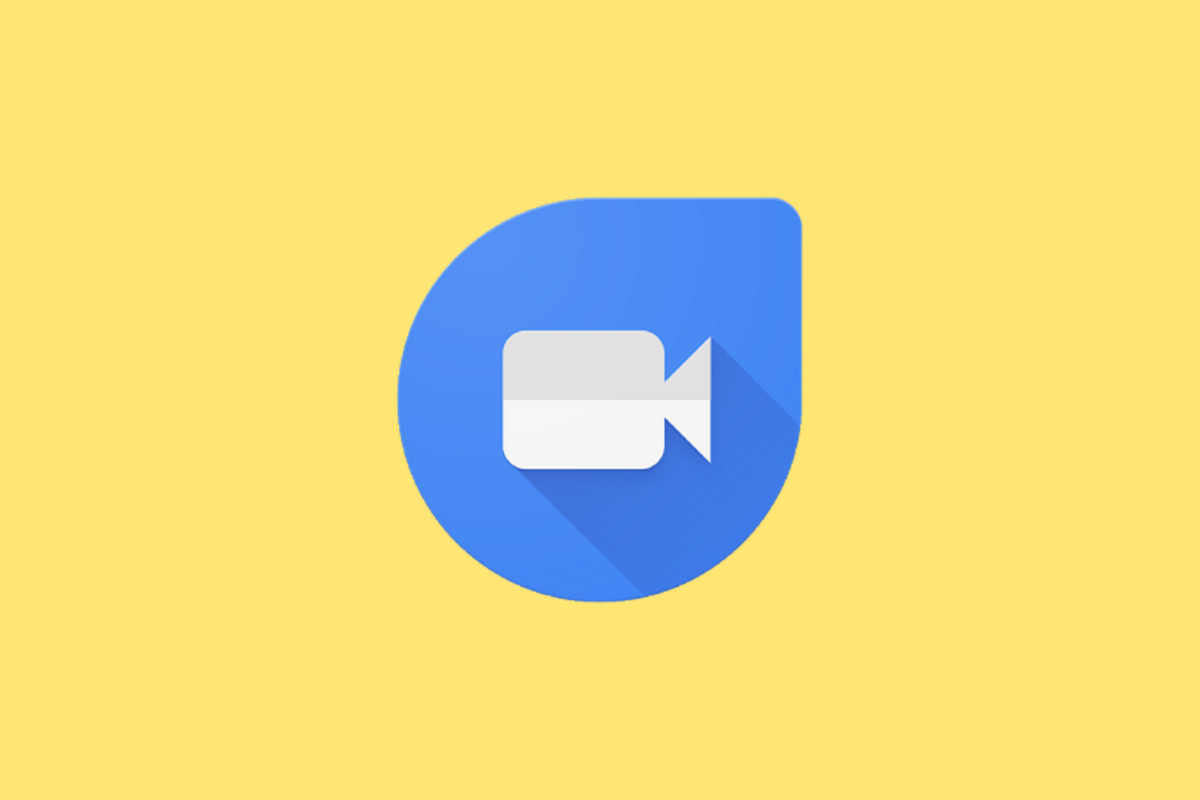Google has been adding some cool new features to its video calling app, Google Duo, over the last couple of months. The app has received features like home calling and call reminders, a new low light mode for better video calling in dark environments, a dark theme, and much more. Google started rolling out Google Duo 69 last week with a few of these new features along with an unreleased feature, called "Moment capture", that's currently in the testing phase.
An APK teardown can often predict features that may arrive in a future update of an application, but it is possible that any of the features we mention here may not make it in a future release. This is because these features are currently unimplemented in the live build and may be pulled at any time by the developers in a future build.
Our Editor-in-Chief, Mishaal Rahman, managed to enable the feature manually and it added a new toggle called "Moment capture" in the app settings. Once the toggle is turned on, it brings up a new button in video calls which captures the image you and your call partner are currently seeing. For instance, if you and your video call partner are both seeing each other through the front-facing cameras on your phones, then you'll capture an image of both your faces by tapping on this button. This essentially makes it a side-by-side screenshot feature baked into Google Duo. The feature even allows you to quickly share the screenshot from within the app, making it even more useful.
In case you turn off the "Moment capture" toggle in the app Settings, the app gives you a warning that people can still take screenshots even if the feature is turned off. The feature can really come in handy if you want to take a quick screenshot of whatever you're seeing on your screen during a video call and it eliminates the need to use the power button + volume down shortcut. As of now, Google has released no official information regarding the feature or its release date. Since "Moments capture" is currently in the testing phase, it's quite possible that the feature may not be released in its current state.

